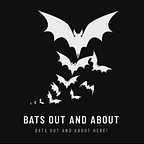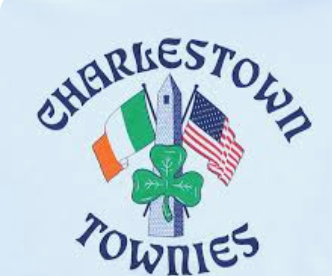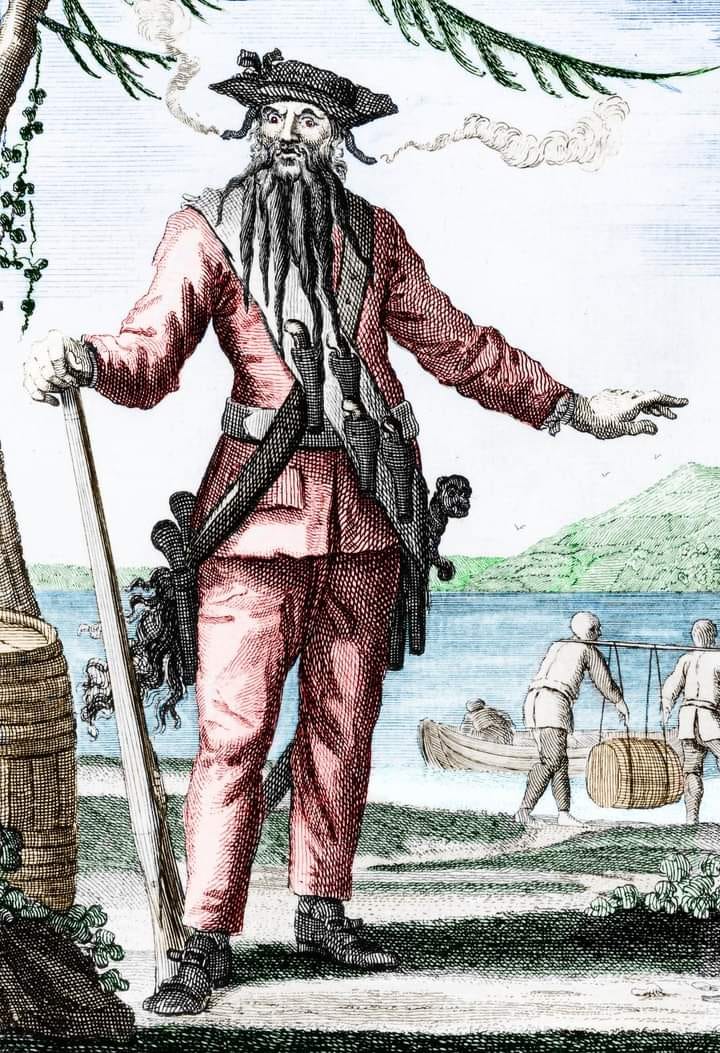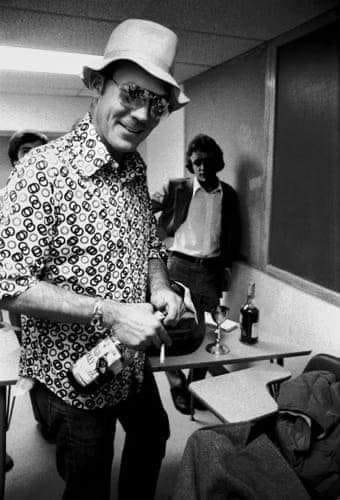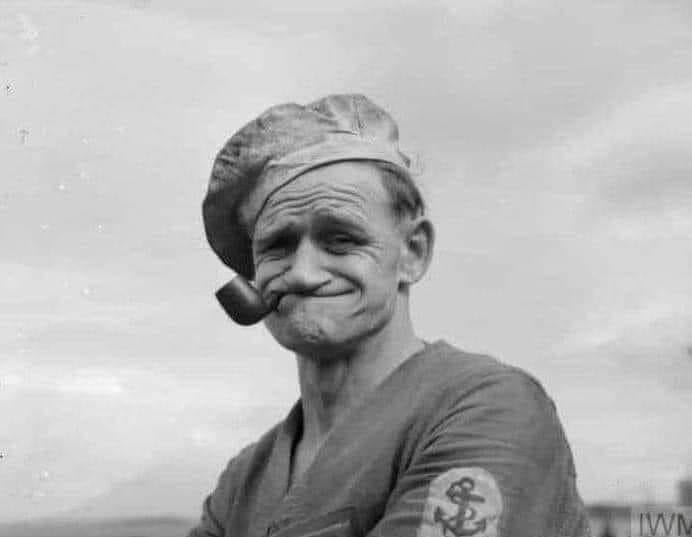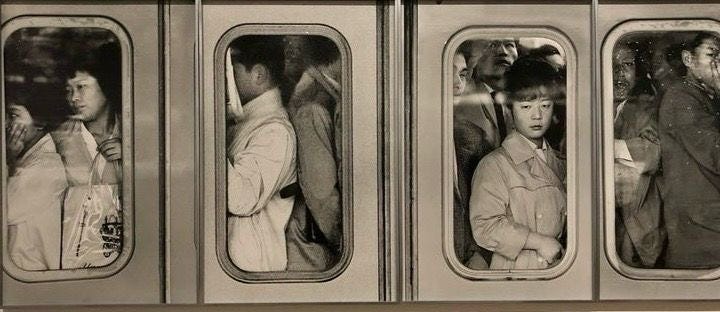John Morrissey: From the Street’s to Politics
John Morrissey's life and legacy have often been misrepresented due to historical biases held by his political adversaries and perpetuated by later authors like Herbert Asbury in his 1928 book "Gangs of New York". Accusations of criminal connections with Tammany Hall, leadership of the so-called Dead Rabbits gang, and involvement in the death of nativist figure William “Bill the Butcher” Poole have marred his reputation unfairly.
Born in Ireland on February 12, 1831, Morrissey's formative years were in Troy, New York. There, he initiated his journey as a boxer in an era when boxing was an unregulated sport of bare knuckles. His time spent working around the docks of New York and Troy also saw him engage in combat with prominent brawlers of the time. An early fight led to his nickname "Old Smoke" when he accidentally ignited his coat on a stove.
Morrissey sought out a match with the then-celebrated champion Tom Hyer, which never materialized, prompting him to chase the Gold Rush to California in 1849. It was in California that he triumphed over George Thompson, Hyer's own trainer, which paved the way for a future bout with John "The Benecia Boy" Heenan.
Upon returning to New York with substantial winnings, Morrissey immersed himself in the city's saloon scene, often associated with sporting figures of the era. He engaged in the running of gambling enterprises, owned racehorses, and staked money on various betting opportunities throughout New York.
In 1853, Morrissey claimed the heavyweight boxing championship without gloves by defeating James Ambrose, better known as "Yankee Sullivan." His legacy was further cemented following a bout with Heenan in 1858, elevating him to international sports stardom.
Politically, Morrissey started as an antagonist to the local political chieftains in New York's Fifth Ward. His political career did not align with the notorious street brawls typically linked to ethnic and political group rivalries. There is no documented evidence that Morrissey was involved with such activities.
Despite claims by writers like Asbury, it's now contested that the Dead Rabbits gang or the events of the 1857 riot, as popularly depicted, are not well-founded in historical records. Instead, what was thought to be gang affiliations were often community militias or social groups. In the same vein, characters like Matthew Brennan often mentioned in relation with the Dead Rabbits gang were, in reality, civic authorities or leaders of lawful community groups.
By the time of the infamous Dead Rabbit Riot, Morrissey had already established his saloon in Troy named Ivy Green, distancing himself from the upheaval in New York which culminated in the murder of William Poole. Despite his earlier dispute with Poole and being present at the bar before Poole's killing, Morrissey had departed, intoxicated, well in advance of the incident and was later exculpated of any involvement.
Subsequently, back in New York by 1859, Morrissey leveraged his boxing success into luxurious gambling ventures on Broadway, attracting clients such as Cornelius Vanderbilt. He then took his enterprise to new heights in Saratoga Springs, with gambling and horse racing, leading to the establishment of Saratoga as a racing hub.
A foray into politics resulted in Morrissey being elected to Congress in 1866 and again in 1868. As a critic of William "Boss" Tweed, Morrissey's influence grew, aligning with Samuel Tilden just as Tilden was gaining prominence.
At the tail end of his life, Morrissey won a seat in the New York State Senate, despite long-standing throat issues. His health declined after his last campaign, and after seeking treatment in a better climate, he returned to Saratoga where he passed away on May 1, 1878, in the Adelphi Hotel at the age of 47.
Morrissey's funeral in Troy was as large and stately as his life, with a significant turnout from both the political realm and the Irish community, signifying the vast reach of his influence.
